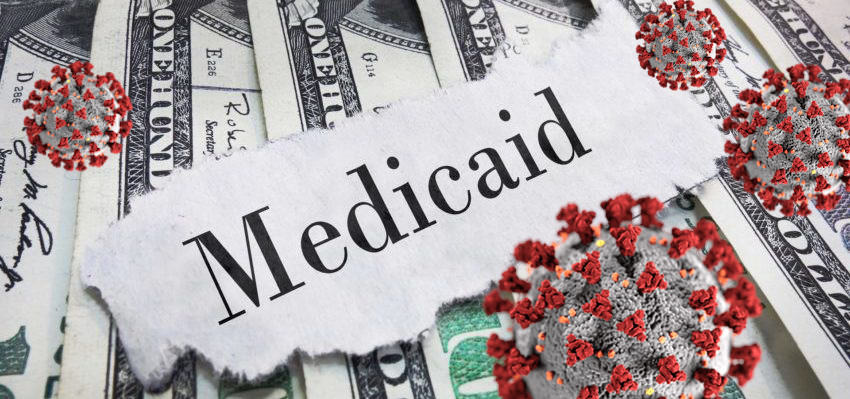
Federal government required changes to state Medicaid law in exchange for $150 million+ more in federal Medicaid funding
May 12, 2020
On May 4, Governor Evers and Andrea Palm signed Emergency Order #35, suspending a variety of administrative rules. Many of the suspensions cut back bureaucratic red tape and barriers to telehealth in mental health and substance abuse services. Buried within those suspensions are fundamental changes to Wisconsin’s Medicaid program.
With the new order, anyone who was covered by Medicaid on or after March 18, 2020 can stay on Medicaid until the end of the federal emergency. Medicaid will also cover testing and treatment for COVID-19 without copays.
This shouldn’t be a shock since it was already included in Wisconsin’s Coronavirus response bill that passed the legislature and signed into law in April. In the new Act 185, Wisconsin allows DHS to maintain people’s enrollment to Medicaid if they were on it by March 18. The statute also allows DHS to suspend monthly premiums and health risk assessments for childless adults on Medicaid, rolling back a big part of Gov. Walker’s childless adults medical assistance program.
Once this and other requirements are met, the feds will increase the federal share of Medicaid funding (FMAP) to states by 6.2%, per the Families First Coronavirus Response Act (FFCRA). For Wisconsin, that means $150 million more in Medicaid dollars coming to the state in the first quarter of 2020. Another $150 million more will be added to the second quarter of the year if the federal state of emergency continues past the first day of the second quarter. The DHS’ suspension was issued to meet federal requirements and receive that funding.
Part of the suspension would make it impossible to remove recipients from Medicaid, even if their income is too high to qualify.
Under the order, applicants and current Medicaid recipients don’t need to be checked for non-payment history or previous applications to Medicaid that contained false information. Disability status, assets, residence, citizenship status, and even income don’t need to be verified either. For those using the Medicaid Payment Plan, the order also suspended current law that would require an applicant to be blocked from re-enrolling if they have a past history of not paying their healthcare premiums.
Not only does the order relieve requirements to verify basic information, DHS’ suspension also removes required follow-up. Before the rule change, Medicaid was required to follow up on someone’s eligibility every year or if “the agency has a reasonable basis for believing that a recipient is no longer eligible for MA.” Those who earn excess income or their income or assets change during the public health emergency won’t be kicked off of Medicaid either.
The changes could be in effect until the national public health emergency is over, another FFCRA requirement to receive increased FMAP funding from Washington.
The coronavirus response effort in WI changes rapidly, sometimes daily, making it difficult to keep track. This news in particular didn’t get much coverage from the mainstream media at all. Check back with The MacIver Institute, where we do our utmost to keep you informed.